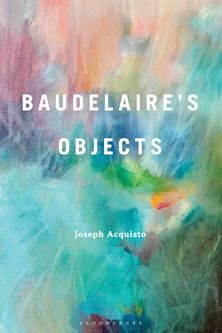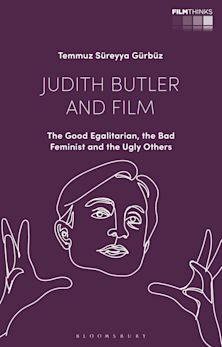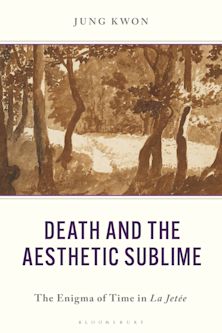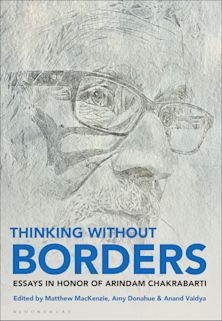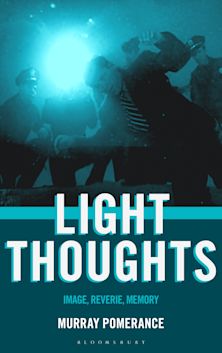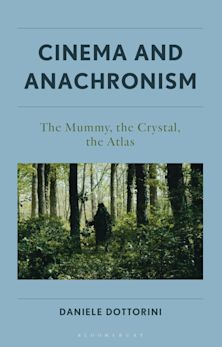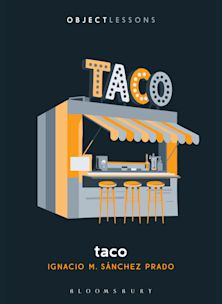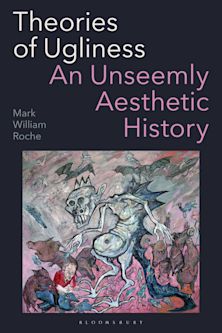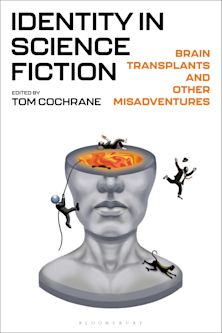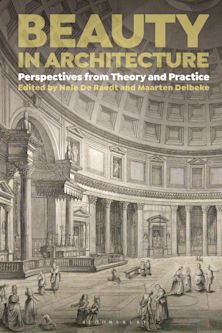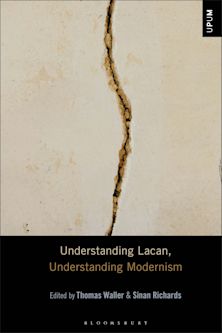- Home
- ACADEMIC
- Philosophy
- Aesthetics
- Xenoaesthetics
You must sign in to add this item to your wishlist. Please sign in or create an account
Description
Examining our relationships with architecture beyond human-centric perspectives, Xenoaesthetics challenges conventional views of design and space inhabitation by exploring the architectural project as an autonomous entity.
Drawing together insights from philosophy and architecture, this book delves into the conditions, roles, and implications of architectural encounters, conceptualising the architectural project as a site of unity-multiplicity tension, and introducing the concept of xenoaesthetics as a cognitive mode attuned to this structure. This approach invites readers to reimagine architectural experience as a dual action that reveals the project to us and realizes itself through us.
As well as implying disciplinary consequences for design questions, Vaillo's work holds socio-political significance for our everyday architectural interactions, contributing to the quest for practices and discourses on equality. Methodologically, his argument draws from Object-Oriented Ontology and the architect Enric Miralles, offering an additional retrospective crossover that enriches both references.
A resource for students, architects, scholars, and enthusiasts interested in exploring architecture beyond assumptions and prescribed value systems, Xenoaesthetics encourages a deeper understanding of the intricate relationship between humans and the architectural project.
Table of Contents
Acknowledgements
Introduction
Part I: The Xenological Framework
1. The Architectural Project as Object
2. The Cognitive-unit
3. The Xenoaesthetic Approach
Part II: Deep cognition
4. The Immaterial Experience of Unity
5. The Role of the Cognizer
6. Vertical techne
Part III: Open Cognition
7. The Infrastructure of Experience
8. Designing
9. Inhabiting
Conclusion
Bibliography
Product details

| Published | 09 Jul 2026 |
|---|---|
| Format | Ebook (PDF) |
| Edition | 1st |
| Extent | 304 |
| ISBN | 9781350515048 |
| Imprint | Bloomsbury Academic |
| Illustrations | 10 bw illus |
| Series | Posthumanism in Practice |
| Publisher | Bloomsbury Publishing |












